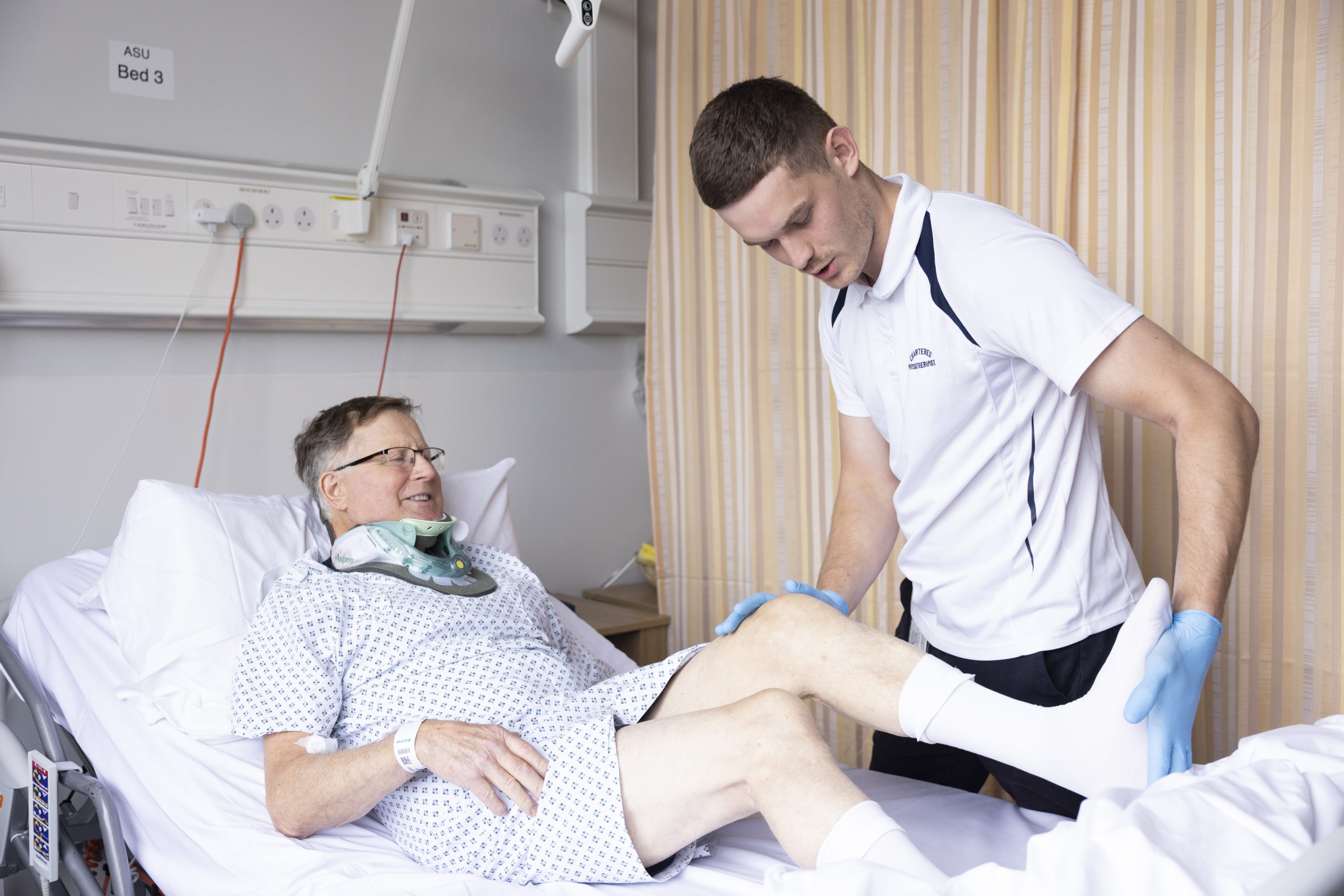Physiotherapy is a rewarding profession, where you have the opportunity to make a positive impact on people’s lives by helping relieve pain and treat or prevent physical difficulties sustained through ageing, injury, disability, or illness.
There are multiple entry routes to becoming a Physiotherapist:
- Undergraduate BSc Physiotherapy Honour’s Degree
- NFQ Level 8 course plus MSc Physiotherapy university degree
- Tertiary degrees that provide seamless pathways from Further Education to Higher Education.
CORU (the regulator for health and social care professionals) will provide you information on approved qualifications. Find out more about the entry routes on the Irish Society of Chartered Physiotherapists website (ISCP) website, or by visiting the Careers Portal Website.
If you have qualified outside of Ireland, you will find further information here.




